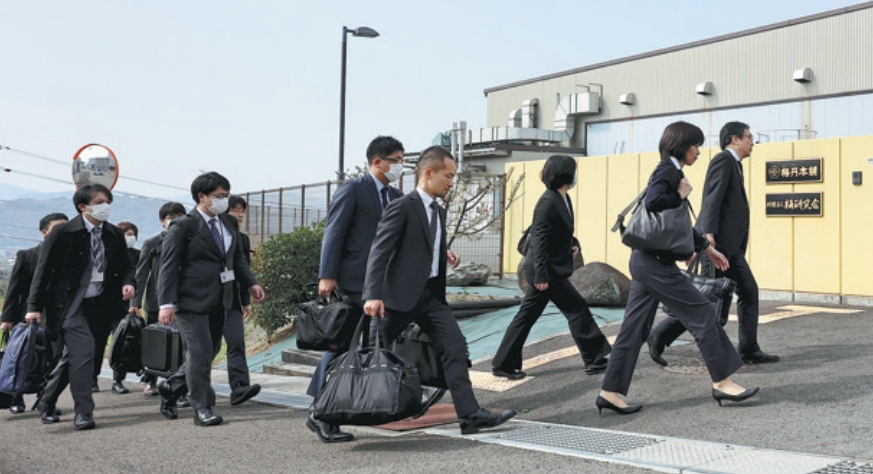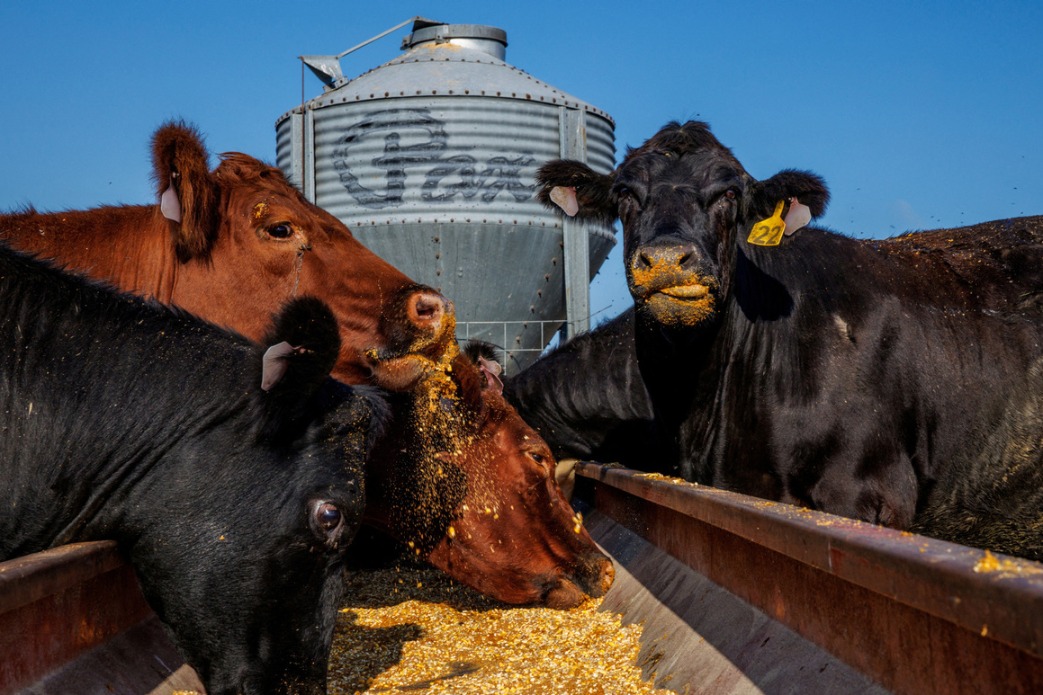Deaths linked to supplements raise concern
Products containing red yeast rice spark fears as probe gets underway in Japan


A health crisis in Japan involving dietary supplements that contain red yeast rice has sparked growing concerns among consumers at home and abroad.
Kobayashi Pharmaceutical has reported five deaths and more than 150 hospitalizations linked to such products. Individuals affected reportedly experienced kidney problems and other health issues. Additionally, nearly 700 others have either sought medical attention for health concerns or expressed a desire to do so.
Furthermore, a system for reporting unexpected reactions to health food, tablets and capsules in Taiwan has received 11 reports related to Kobayashi's red yeast rice products, the region's "central news agency" reported on Monday, citing figures from the food and drug administration.
Kobayashi said it is investigating a potential link between its products and their effects on kidney function. It has initiated a recall of the supplements marketed to lower levels of low-density lipoprotein cholesterol, or "bad" cholesterol, and started accepting returns on Monday.
On Sunday, Japan's Ministry of Health, Labour and Welfare carried out an on-site inspection at a plant operated by Kobayashi's subsidiary in Wakayama prefecture, along with local authorities. This followed a similar inspection on Saturday of the parent company's Osaka plant, which was closed in December because of aging facilities, prompting production to be shifted to the Wakayama facility from January.
Although Kobayashi is a large company, some consumers have expressed concerns about trusting Kobayashi amid this uncertainty.
The Health Ministry said the drugmaker has confirmed the presence of puberulic acid — an unintended substance — in its products. However, it remains unclear whether this substance is directly responsible for the reported deaths and hospitalizations, the ministry added.
To address consumer worries and minimize the influence on unrelated products containing red yeast rice, the ministry disclosed the names of 173 businesses supplied with Kobayashi's red yeast rice ingredients.
These companies have been urged to conduct voluntary inspections for any reported health issues within the past three years.
Red yeast rice, or benikoji, from Kobayashi has been used in various products such as confectionery, bread, alcohol and miso.
The Asahi Shimbun newspaper emphasized the urgent need for explanations regarding the safety and response strategies concerning such products.
In view of the seriousness of the situation, the newspaper published an editorial on Friday, stressing the significant responsibility of business operators and called for a prompt investigation to prevent the spread of damage.
Criticisms have been raised regarding the timeliness of information provision, with Kobayashi's awareness of the issue in mid-January contrasting with its report to the government in late March.
The recalled "Benikoji Choleste Help" brand supplement falls under the category of "foods with function claims", or FFC. These foods are not subject to the government review of safety and functionality. Instead, it is the food business operator's responsibility to label products with function claims based on scientific evidence.
Oversight issues
As a result, Japan's domestic FFC market has been growing annually. It is forecast to exceed 700 billion yen ($4.61 billion) this year, up from 31.4 billion yen in 2015, according to market research company Fuji Keizai.
Despite its growth in Japan's domestic market, concerns have arisen regarding the oversight of FFC products.
Japan's Consumer Affairs Agency requests that businesses update their information if there are any changes. It also requests information on the sale of products to be updated about every six months.
However, analysis by Tokyo Shoko Research published last week showed that out of the 6,749 FFC products currently registered, information for 982 products, or 14.5 percent, has not been updated for at least six months.
The Consumer Affairs Agency has instructed a reevaluation of all FFC products, but it is necessary to reconsider whether it is appropriate to leave safety confirmation solely to the business operators, The Asahi Shimbun editorial said.
jiangxueqing@chinadaily.com.cn

































